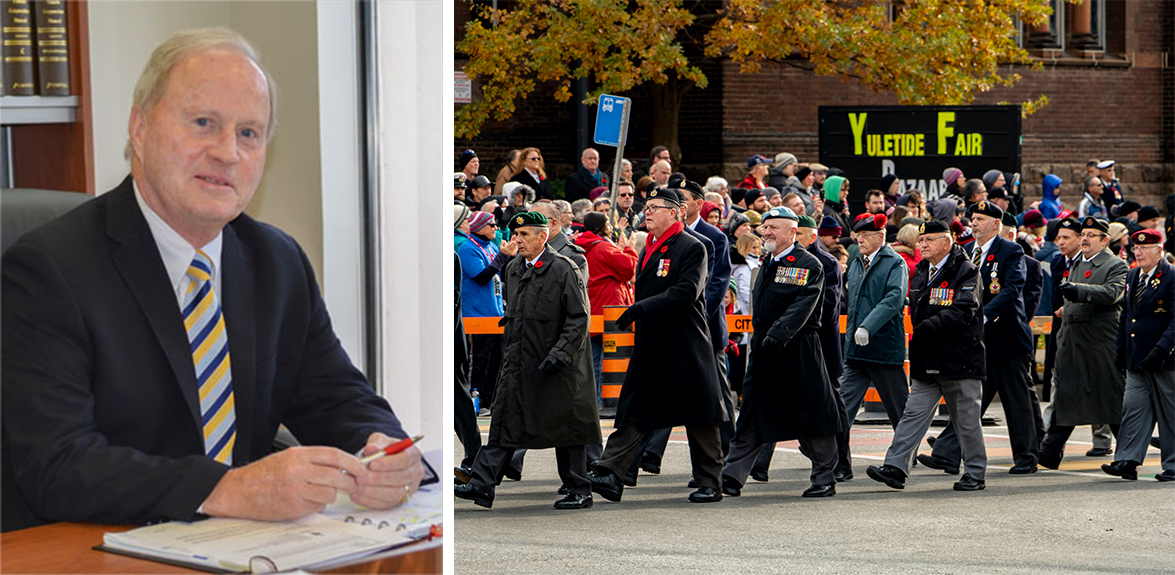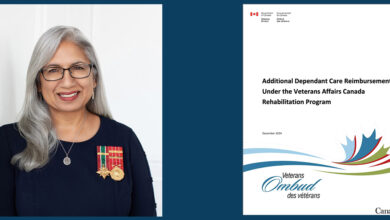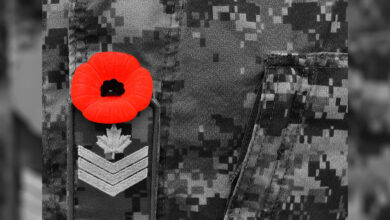Veteran
National Council of Veterans Association Notes “discriminatory double standard” Regarding Pensions
Above image: Left, Brian Forbes, Chair of the National Council of Veteran Associations and Chair of The War Amps Executive Committee. Right, Canadians soldiers in uniform for the Remembrance Day on November 6, 2011, Montreal, Canada.
The National Council of Veteran Associations (NCVA) is taking a bold stance in calling out the “discriminatory double standard” of the Pension for Life.
“It has become self-evident that the greater majority of disabled veterans are not materially impacted by the PFL legislation in that the new benefits under these legislative and regulatory amendments have limited applicability – indeed, some seriously disabled veterans are actually worse off when compared to the earlier version of the New Veterans Charter (NVC),” said Brian Forbes, Chair of the National Council of Veteran Associations and Chair of The War Amps Executive Committee.
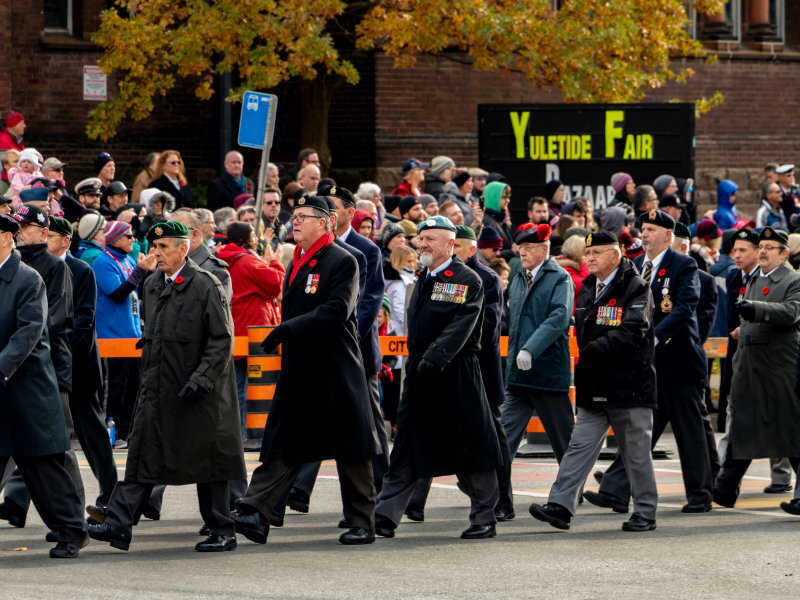
The NCVA recently released a press release outlining the organization’s work on behalf of veterans while also calling out Veterans Affairs Canada, the Parliament and the Government for not meeting “veterans’ expectations” about their pensions and other compensations.
“In our considered opinion, this PFL policy fails to satisfy the Prime Minister’s initial commitment in 2015 (in response to the Equitas lawsuit) to address the inadequacies and deficiencies in the New Veterans Charter/Veterans Well-being Act (NVC/VWA) and continues to ignore the ‘elephant in the room’ that has overshadowed this entire discussion,” added Forbes.
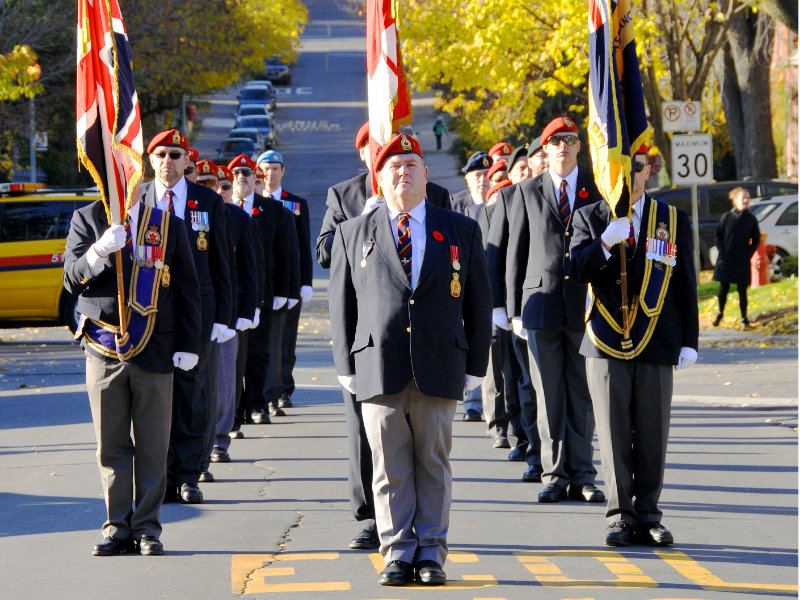
Pension Act Versus New Veterans Charter
The NCVA identifies the disparities between the Pension Act and the New Veterans Charter as the main issue.
“It is totally unacceptable that we continue to have veterans’ legislation in Canada that provides a significantly higher level of compensation to a veteran who is injured prior to 2006 (date of enactment of the New Veterans Charter) when compared to a veteran who is injured post‑2006. If applied to the Afghanistan conflict, this discrimination results in veterans of the same war having totally different pension benefits,” said Forbes.
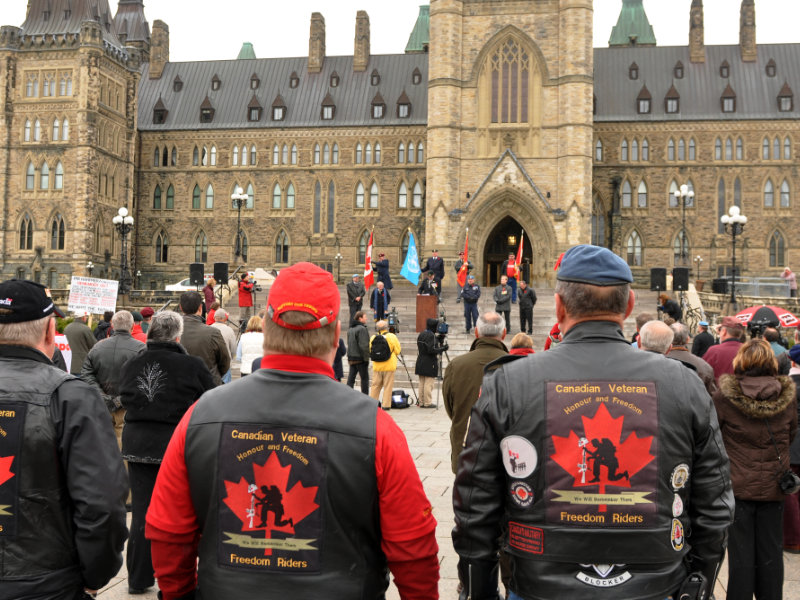
Major Topics of Concern:
To address disparities, the NCVA has consistently made recommendations to the Minister of Veterans Affairs. The recommendations call for a comprehensive pension plan that would account for the wellness of veterans.
Specifically, the recommendations call for:
- Treatment of all veterans with disabilities in the same manner
- Elimination of “artificial” cut-off dates that distinguish veterans based on where their injury was before or after 2006.
The organization also lists eight major topics of concern they would like to see addressed, which include:
- Marriage after 60 dispute and the demand that the so-called “gold digger’s clause” be eliminated from the CAF Superannuation Act.
- Replacing present Caregiver Recognition Benefit.
- Reforming Last Post Fund legislation to recognize that families of seriously disabled veterans should receive this funeral and burial grant.
- Establish Career Impact Allowance for life based on the future loss of income strategy employed for many years by the Canadian courts in lieu of the current VAC Income Replacement Benefit or the CAF SISIP income policy.
- Full revamp of the Diminished Earnings Capacity post-65 policy to establish a formula that does not reduce the amount of the income replacement from 90 per cent to 70 per cent (of 90 per cent) at age 65.
To learn more about the NCVA and their recommendations to the Minister, visit here.


